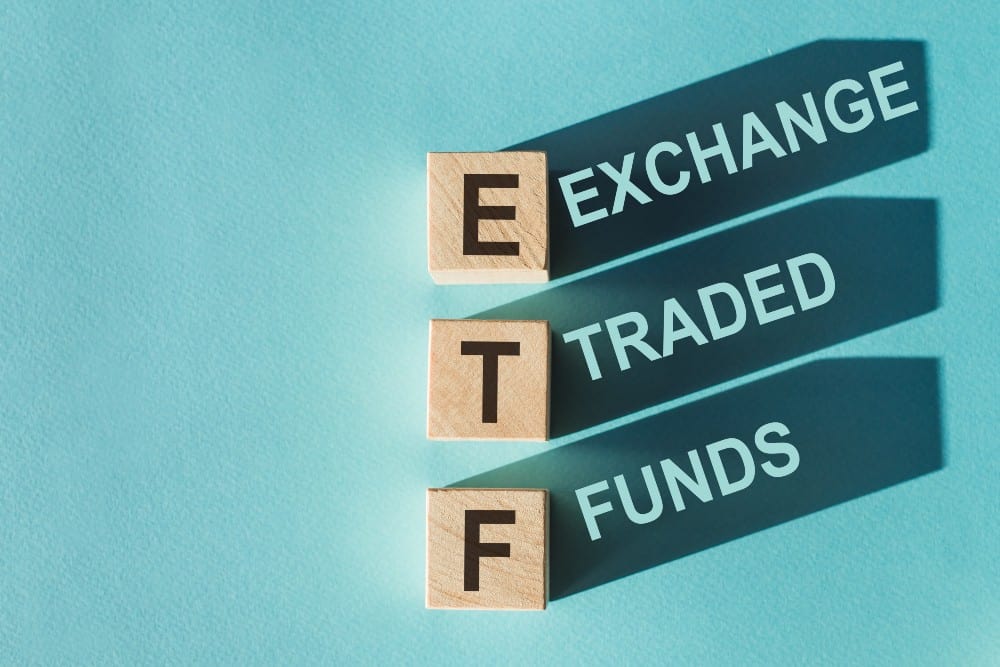Risk-averse investors, including beginners, can opt for exchange-traded funds (ETFs) instead of picking individual stocks. This asset class was introduced in 1990 to provide Canadians with more flexibility when investing in the stock market. Furthermore, pooled investing is another strategy to better contain or manage risks.
The TSX has 11 primary sectors, with financial (31.7%) and energy (19%) as the heavyweights. Also, nearly all sectors have an ETF. While real estate stocks account for only 2.7% of the S&P/TSX Composite Index, the sector is stable despite headwinds in 2022. If you’re taking positions today, you can earn easy passive income from three sector-specific ETFs.
Financial (Banking)
Canada’s banking sector is known globally as a bedrock of stability. BMO Equal Weight Banks Index ETF (TSX:ZEB) is for investors looking to gain exposure to the country’s Big Six banks. ZEB replicates, to the extent possible, the performance of the Solactive Equal Weight Canada Banks Index.
BMO Global Asset Management Group maintains or allocates equal weights in RBC, TD, BNS, BMO, CIBC, and the National Bank of Canada. This ETF trades at $34.36 per share (-9.55% year-to-date) and pays an attractive 4.13% dividend. Since the dividend frequency in a year is 12, this investment would garner you a monthly income.
Energy
Energy is the top-performing sector (+40.8% year-to-date) on the TSX in 2022 due to the favourable commodity pricing environment. As of this writing, iShares S&P/TSX Capped Energy Index ETF (TSX:XEG) outperforms both the energy sector and the broader market with its 43.90% year-to-date gain. Although the dividend yield is a modest 2.78%, the capital gain can adequately compensate.
XEG seeks to provide long-term capital growth to investors through exposure to the Canadian energy sector. The 28 stock holdings in the ETF lean more towards companies in the oil & gas exploration & development (59.24%) and integrated oil & gas (38.52%) sub-sectors. Pipeline operators have zero representation.
The top three holdings are Canadian Natural Resources (24.55%), Suncor Energy (21.36%), and Cenovus Energy (12.67%). In the last 3.01 years, XEG’s total return has been 78.77%, a compound annual growth rate (CAGR) of 21.32%. Unlike ZEB, this energy ETF pays quarterly dividends. The current share price is $15.03.
Real estate
Real estate investment trusts (REITs) are alternatives to purchasing investment properties or direct ownership in real estate. The cash distributions from this asset class are the counterparts of stock dividends. BMO Equal Weight REITs Index ETF (TSX:ZRE) invests in Canadian REITs and allocates equal or fixed weights to lessen security-specific risks.
The Fund replicates the performance of the Solactive Equal Weight Canada REIT Index. Each REIT holding should likewise meet certain minimum trading volume requirements. This medium-risk rated ETF has 24 stock holdings, including resilient REITs like Slate Grocery, Crombie, and Choice Properties.
At $22.04 per share, ZRE underperforms year-to-date (-18.77%). However, the dividend yield is a hefty 4.76%. A $25,225 investment will produce a $100 monthly passive income.
Ideal for newbies
ETFs trade like regular stocks, so you can sell your shares if you need to cash in or liquidate. With today’s uncertain market conditions, ZEB, XEG, and ZRE are ideal ETFs for newbie investors.








